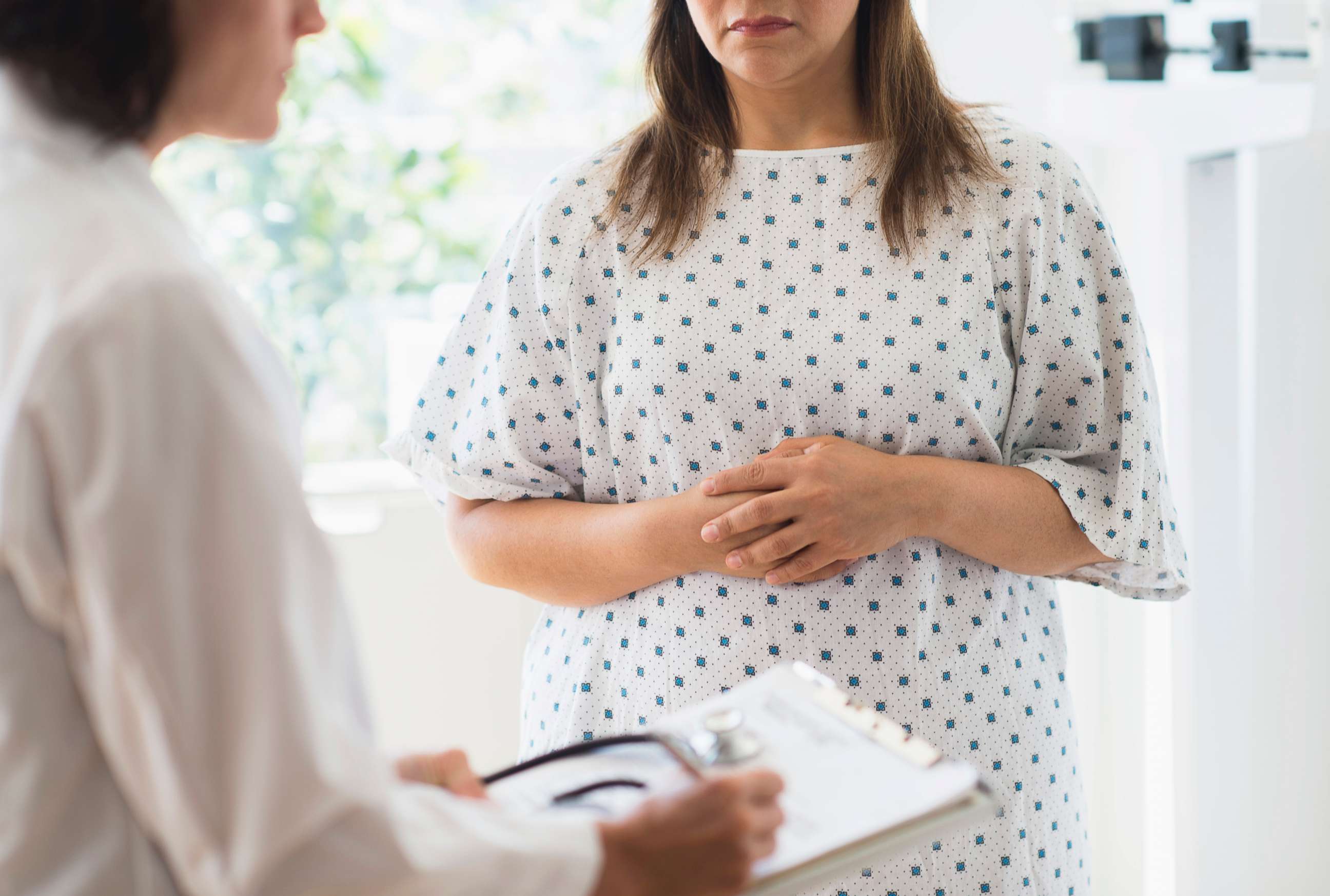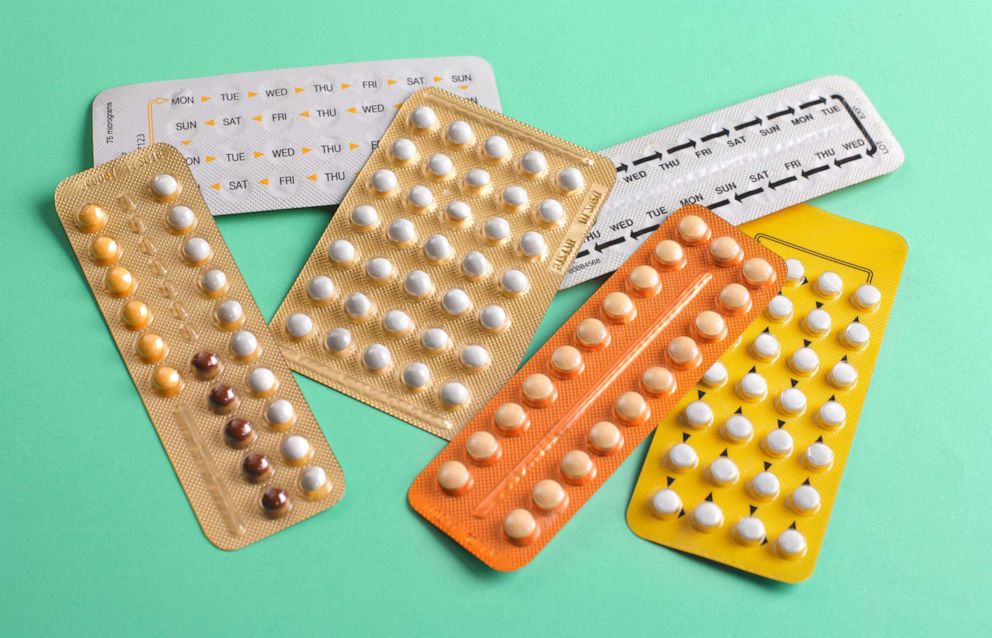What to know about PCOS, the most common hormonal issue affecting women
Polycystic ovary syndrome, or PCOS, is a common hormone abnormality that affects around 1 in 10 women.
The origins of PCOS aren't entirely clear but PCOS can affect women's overall health and appearance, and can be a treatable cause of infertility.
According to the National Institute of Health, the causes of PCOS are very complex. Lifestyle, genetics and health are all factors that affect PCOS.
"GMA" turned to Dr. Jennifer Ashton, ABC News' chief health and medical correspondent and a practicing OBGYN, to understand how PCOS can affect the body.

1. Reproductive problems
Having PCOS can affect a woman's periods, causing them to occur too close to each other or too far apart. However, a woman can still have normal periods and be diagnosed with PCOS.
Despite what many people think, women with PCOS can and still do become biological mothers.
"Today with reproductive technology, seeing a reproductive endocrinologist, or REI specialist [a specialist in Reproductive Endocrinology and Infertility], women with PCOS absolutely can get pregnant," Ashton said.
2. Metabolic problems
For reasons not entirely understood yet, Ashton said women with PCOS have a five to seven times increased risk of developing Type 2 diabetes later in life.
It is critical for women with PCOS to maintain good nutrition and fitness practices as well as keeping their weight within a healthy range.
Because it's difficult for women with PCOS to metabolize carbohydrates, sticking to a low-carb diet might help improve some symptoms.

3. Acne and excess body hair
PCOS leads to high testosterone levels, which causes problems such as acne and excessive body hair.
"For women, the presence of acne on their back or chest is a red flag for PCOS," Ashton said.
The good news is that there are a number of treatment options for hormonal acne to lower testosterone levels, such as birth control pills and topical creams.
Excessive body hair may also be seen a lot in women with PCOS but it can be tricky to diagnose. If a woman has excessive hair at the side of their face, chin, upper lip, neck, between the breast, around the nipple or upper inner thigh, those can be signs of PCOS.
Treatment options are available through birth control, creams and laser removal, among others.





